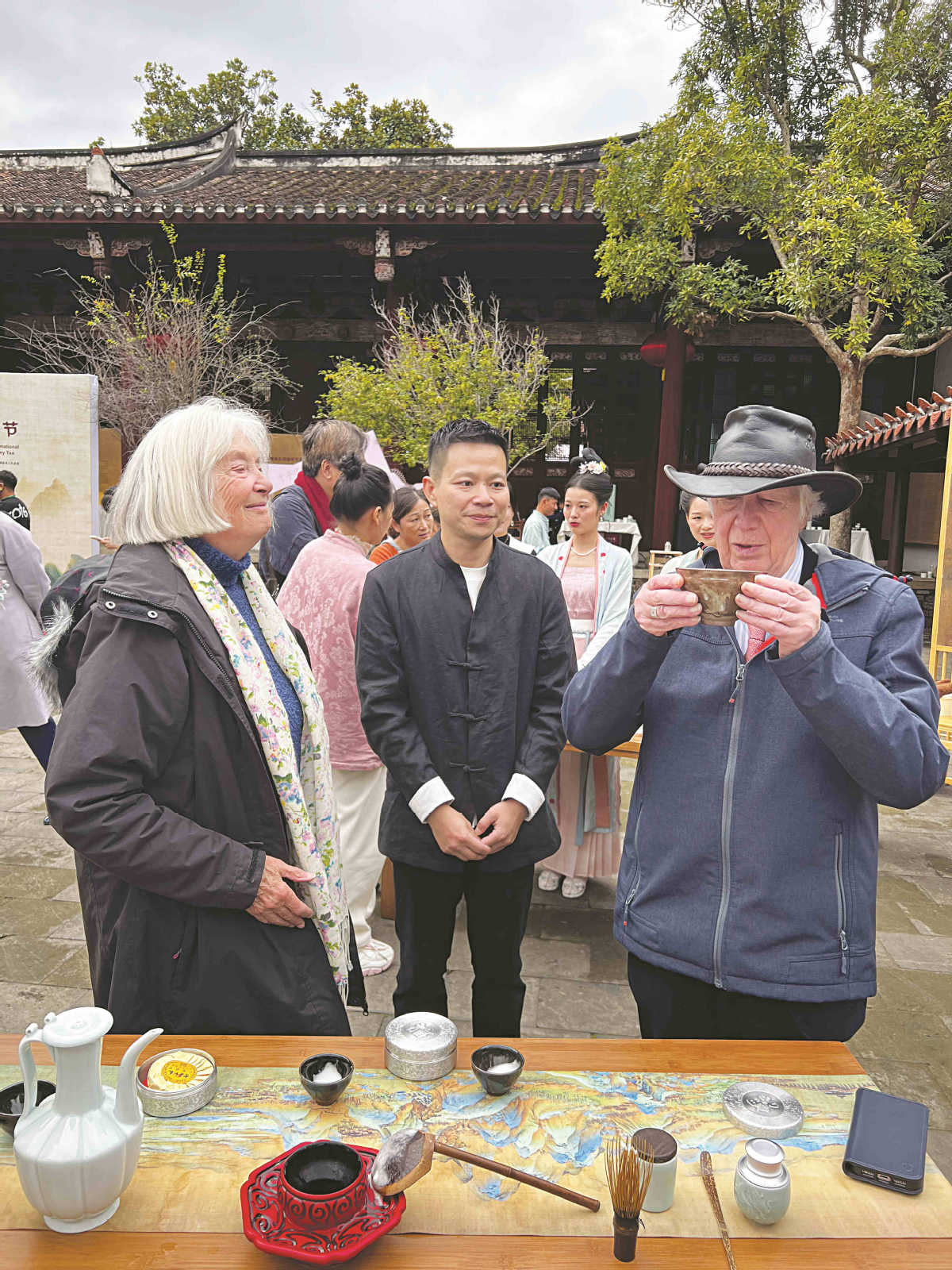A late learner's insights into splendors of China
Academic finds great inspiration by delving into country's culture


Moment of change
The moment of change happens when one takes a step back, suspends some of the preconfigured categories and takes an imaginative leap, Macfarlane says, after which a person may find his or her innate way of thinking, is not particularly common, and the "cosmology" of others is not that outlandish, and is even worthy of attention.
And if there is no right or wrong, or strange or normal in cultures, ignorance and fear of others, and discrimination toward them, is unnecessary, he says.
The task that Macfarlane sets for himself is to lessen that fear or discrimination by explaining a little of how China works, so that the invisible barriers, which are built from taken-for-granted assumptions, can be visible.
"It's really about knowledge and communication. Once you get to know the other, you know why they're doing things, why things are different, and you begin to lose that fear. And the more communication, the more people visit China, the more the West appreciates its greatness, and the Chinese already, obviously, appreciate and have imported much from the West."
Macfarlane says he wishes he could act as a bridge between East and West, to forge cross-cultural understanding, because for him this is also "the aim of the greatest anthropologists".
On Sep 5 last year, Cambridge basked in sunshine as people came together in the heart of King's College in the name of the ninth Cambridge Xu Zhimo Poetry and Art Festival to celebrate exchanges.
Macfarlane writes in the preface for the event: "Chinese civilization is like a forest, where you have different trees: different people in different positions, different statuses and roles. Yet they all grow alongside each other and share the same space in a mutually supportive way … on the whole, not destroying each other. That kind of harmony seems to be a wonderful model for what the world could be."
Sitting on a bench in the warm daylight at the provost's private garden, where dwarf shrubs and a wildflower meadow grow in harmony, Macfarlane says: "Cultures and civilizations have to retain what is special about them, while at the same time living together and sharing what they can. So that's what I meant, that we will retain our different views on art, music, family systems, beliefs and philosophies. Because we need to. But that doesn't mean that we can't live in peace."
zhengwanyin@mail.chinadailyuk.com


















